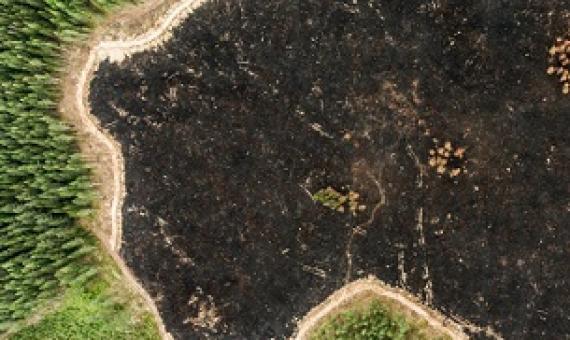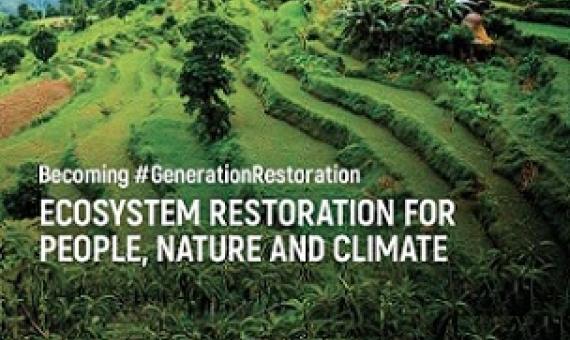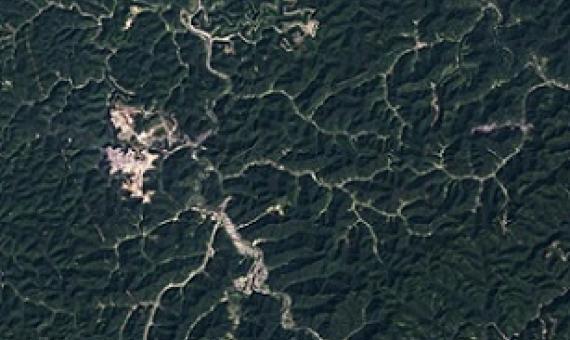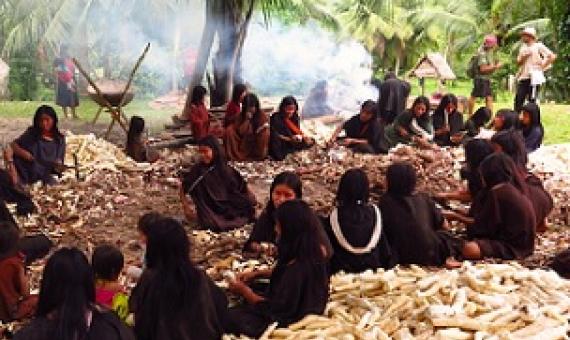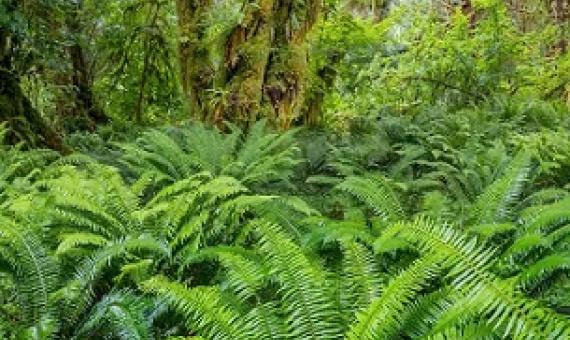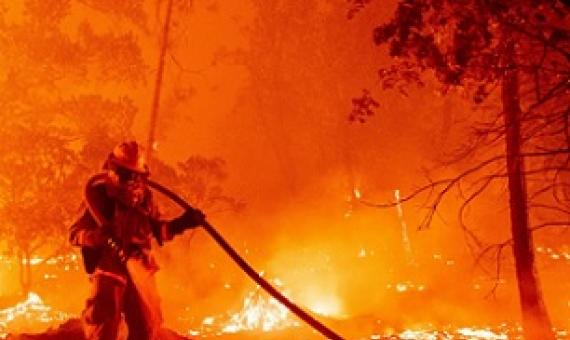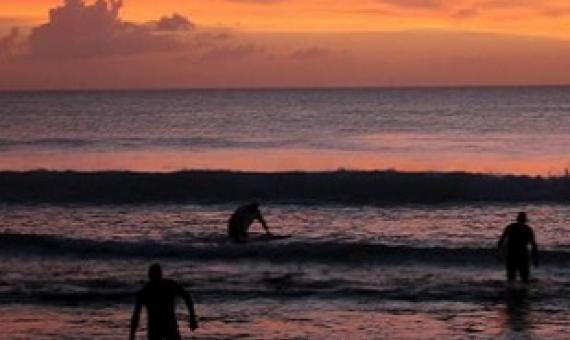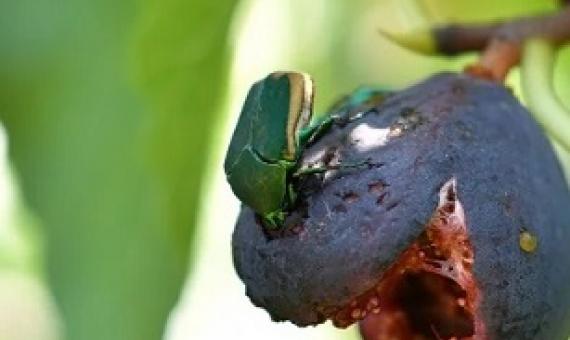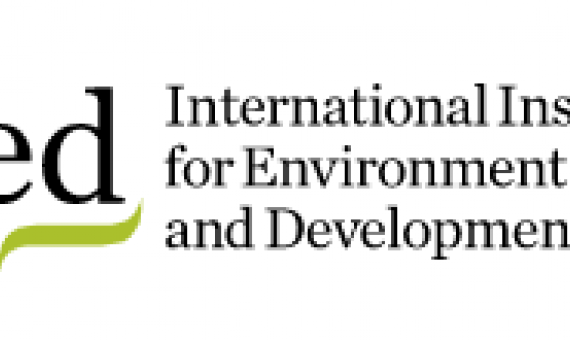Although the biodiversity crisis is intimately linked to the climate one, the financing to address it is woefully inadequate.
Facing the triple threat of climate change, loss of nature and pollution, the world must deliver on its commitment to restore at least one billion degraded hectares of land in the next decade—an area about the size of China.
The natural world is in a state of crisis, and we are to blame. We are in the midst of the Sixth Extinction, the biggest loss of species in the history of humankind.
A new report by the U.N.
We have repeatedly been pressing the snooze button on the issue, but covid-19 has provided perhaps the final wake-up call.
Humanity is facing a new war, unprecedented in history, the secretary general of the UN has warned, which is in danger of destroying our future before we have fully understood the risk.
...while the Blue Pacific has led and made the strong moral case for action on climate, this progress is at risk of unravelling if we do not also step up to the related crisis of nature loss. Our islands and history are closely intertwined with the ocean and its biodiversity.
At this summer’s Oxford University Nature-Based Solutions (NbS) Digital Dialogues , a conversation between top scientists in the field took a deeper dive into the opportunities and hazards of NbS to address climate change.
Join IIED on Wednesday, 9 September for an online discussion on how debt relief can be addressed through climate and nature programme swaps. In the wake of the COVID-19 pandemic, urgent debt relief is needed.

